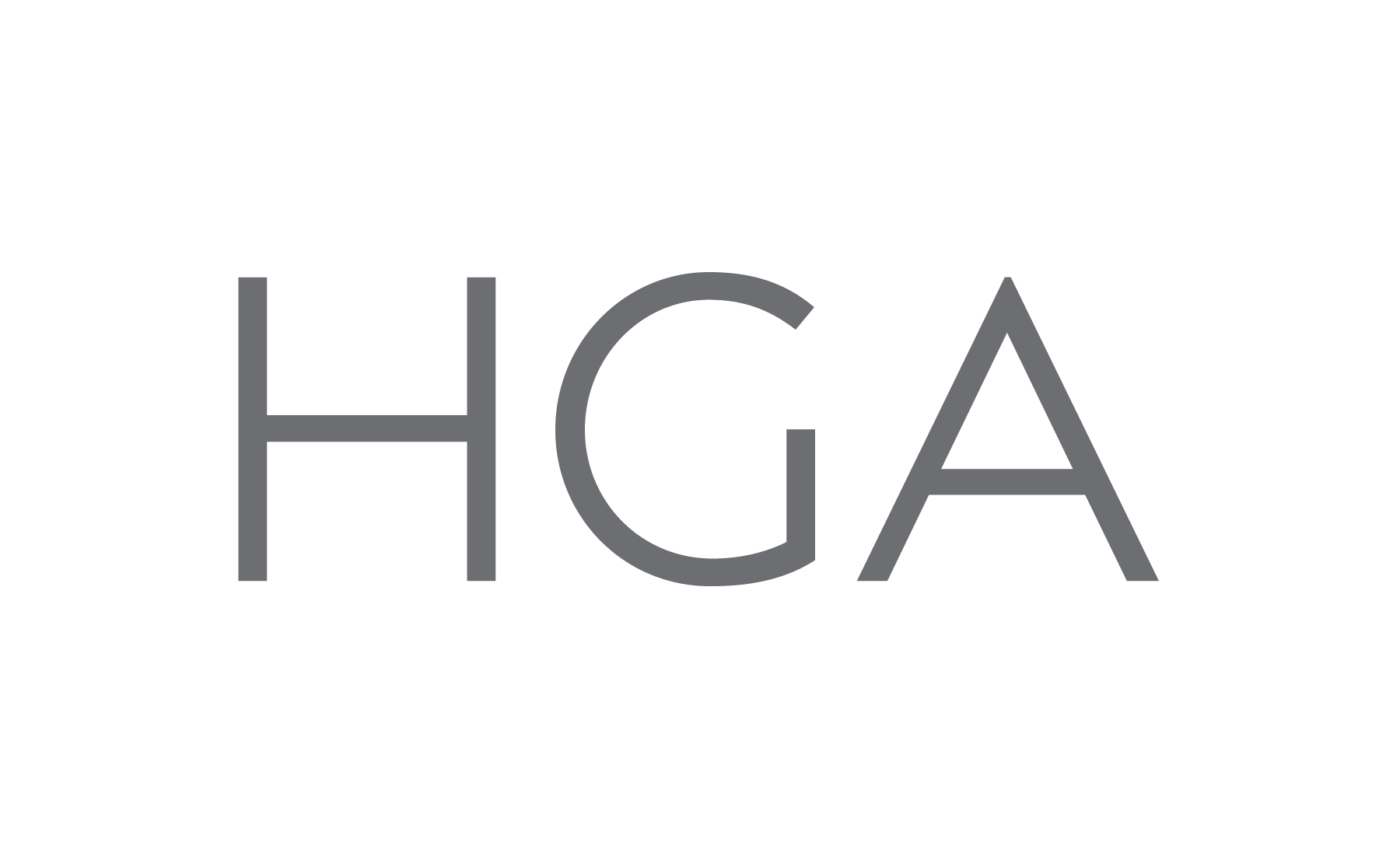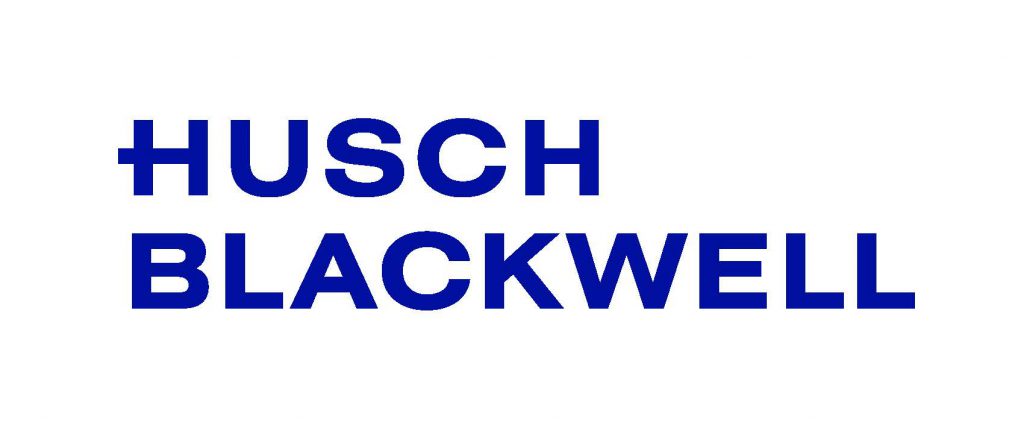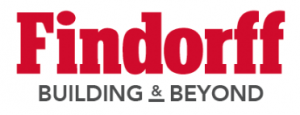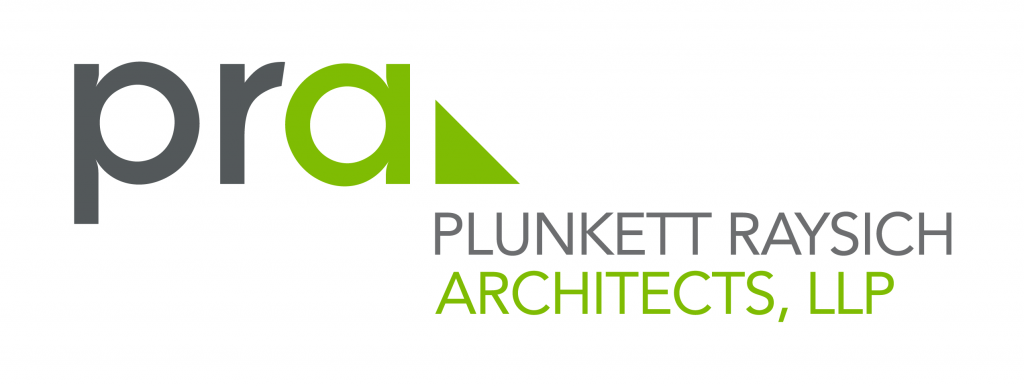Please consider donating to the Fund for Healthcare Leadership in 2022. The Fund wholly supports the Thomas C. Dolan Executive Diversity Program and provides scholarships to talented individuals who lack the resources to acquire the skills and training needed to effectively lead through today’s challenges and into the future.
Author: editorwisconsin
Call for Speakers

Make the most out of your personal brand and your organization’s brand in 2022 by completing the call for speakers for a spot in front of industry peers interested in the knowledge you can share at a local F2F event or at the ACHE-WI 2022 Annual Conference.
Local programs will be in Green Bay, Madison and Milwaukee. The Annual Conference will be at The Osthoff Resort in Elkhart Lake, WI on September 19-21. It is our largest event of the year and brings insights, connections and development into focus. As a speaker, you will be one of the few thought leaders with the platform to move the industry forward on a regionally recognized stage.
As a conference speaker, you receive:
- Direct access to healthcare professionals
- Waived one day conference fee
- Industry insights from conference content
- And the chance to impact healthcare in Wisconsin and beyond
If you or somebody you know is a great fit, view the call for speakers now!
Submit the call for speakers by the deadline on Friday, March 25.
Call for Speakers
Members Can Share Professional Announcements
Improve your visibility in the healthcare field and to build your professional brand by sharing career updates with ACHE. Have you started a new job or been promoted recently? Any chapter members planning to retire? Let ACHE know so you can possibly be listed in the “On the Move” section of Healthcare Executive magazine. All you have to do is email both your former and new job titles, organizations, locations and a high-resolution headshot to he-editor@ache.org.
Connect With Fellow Members
We are pleased to offer members three new, free online communities for physician executives, Asian healthcare leaders and LGBTQ healthcare leaders. The communities’ platform makes it easier than ever for peers to connect in real time, tackle issues together and ask important career-related questions. Members can participate in discussion threads, share resources and best practices, and crowdsource innovative ideas and solutions.
To join, follow these steps:
- Log in to my.ache.org.
- Under “Helpful Links” on the right-hand side, click the last option, “My Communities.”
- Click the “Add” button to choose the online communities you wish to join. An MD or DO degree is required to join the Physician Executive Community.
- Watch your inbox for your welcome email and instructions to access your new community! The email will arrive within 24 hours.
Congress and Virtual Leadership Symposium
Registration is open for the 2022 Congress on Healthcare Leadership, March 28–31. Congress features an unparalleled selection of specialized education sessions and so much more. Early bird registration ends March 21.
Visit ache.org/Congress to view the full agenda and plan your schedule.
You will also gain even more value by registering for the Virtual Leadership Symposium, April 11–12. Congress on Healthcare Leadership registrants receive a discounted registration for the symposium, with combined learning units from both events totaling 18+ ACHE Face-to-Face Education credits. Learn more.
New Podcast Episode Released – Addressing Social Determinants of Health: Marie Barry
Are you a leader in healthcare faced with the challenge of addressing important issues around social determinants of health within the communities you serve? In today’s episode, our host Janet Schulz discusses some non-healthcare topics with the Rural Wisconsin Healthcare Cooperative (RWHC) Director of Economic Development, Marie Barry. Born out of a need to create synergies between rural hospitals and rural communities, the RWHC launched a formal Community Economic Development program in 2021 and has experienced some early success in developing solutions around broadband, transportation, childcare, and housing issues, to name a few. Marie explains how the program acts as a “bridge” between the hospital and community, and works to insure that diverse representation is at the table when discussing economic development. Collaboration, community involvement, and courage to work in uncharted territory are all lessons learned that Marie shares for leaders looking to make a greater impact. We hope you enjoy!
Tailored Technology
When I arrived at NYC Health + Hospitals/Queens nearly one year ago to assume the position of CEO, the smart TVs available to all patients were one of the first things that caught my attention. A sophisticated system like this, I thought, tells people who come here for their healthcare that we are a hospital of choice, with top technology for improving patient experience. The fact that we can customize this equipment to communicate the exact information we want is nothing short of remarkable. I soon learned that what started as an upgrade of our hospital’s TV service evolved into something much more comprehensive.
An Individualized Approach
The advent of these smart TVs in patient rooms ushered in the dawning of telehealth at NYC Health + Hospitals/Queens, allowing the hospital to expand its educational abilities and tailor them to each patient according to their individual needs. This interactive healthcare system now exists in the Queens Cancer Center and in several departments throughout the hospital, including perioperative, labor and delivery, mother and baby, the regular medical-surgical unit, and the extended observation unit.
When NYC Health + Hospitals/Queens began its TV-replacement journey, it had been using an analog, low-definition satellite TV feed and distributing it to old, CRT-style (“tube”) televisions in patient rooms. The quality was poor, unreliable and a source of complaints from patients and their families. Today, the hospital has a network of about 250 high-definition smart TVs integrated to communicate over the facility’s existing coaxial cable infrastructure. The new TVs run patient-engagement software from one of the hospital’s vendor partners, creating a hotel-style environment for patients. The hospital can now offer patients important educational information while continually enhancing the patient experience through new technology.
The vendor also has programmed an intuitive, tiled home screen on each of the TVs that gives users access to TV content; hospital information, such as pharmacy hours; a set of programmable preferences; and a catalog of patient education. These smart TVs interface with the hospital’s admission, discharge and transfer system to identify who is in each room. They communicate back and forth with nurses’ station computers, enabling staff to assign appropriate content to each patient and monitor whether they watch it. The system features a library of more than 500 videos in English and Spanish, as well as with closed captions.
One of the highlights of this new TV system is its flexibility in allowing NYC Health + Hospitals/Queens to produce its own videos catering to patients. In the past, information would be given to patients as they were leaving the hospital. With the new interactive system, staff can start educating patients much earlier. We can assign videos based on their prognosis, including content that helps reinforce prescribed treatment or medications. There are even videos to help anxious patients relax.
Improved Care
NYC Health + Hospitals/Queens’ nursing staff members have embraced the interactive system, recognizing its ability to assist with delivering improved care to more patients. The hospital’s HCAHPS satisfaction scores have already begun to advance since the smart TVs were implemented in fall 2020, with early indications demonstrating that patients use and enjoy the new system, and nurses know that people are getting the health education they need. For instance, the organization had its highest score in the past two years on six of the 10 inpatient questions/domains. Ultimately, nurses can spend more time treating patients and less time reviewing the important information now offered through the system.
NYC Health + Hospitals/Queens has already begun making further improvements to the smart TV system. Plans are underway to integrate it with the hospital’s EHR to allow nurses to select and assign patient videos directly from the patient’s electronic record, making the process faster and more convenient for the nursing staff.
Merging Technology With a Human Touch
In its ongoing quest to become a truly person-centered healthcare facility, NYC Health + Hospitals/Queens recently has embarked on a journey to become Planetree-certified. A patient founded the Planetree healthcare model in 1978 as a way of restoring a greater sense of compassion and partnership in the caregiving process. The organization is committed to enhancing healthcare from the patient’s perspective. Delivering person-centered care involves caring for patients beyond their condition and tailoring the hospital’s service to suit patients’ individual needs. It’s about respecting them and their individual priorities and collaborating with them to determine the best course of action in their treatment.
To achieve Planetree certification, NYC Health + Hospitals/Queens will strive to marry new technology with the human touch in everything it does. The system will work to engage staff to become patient advocates: to put themselves in the patient’s shoes and employ more empathy and sensitivity in all they do.
—Adapted from “Tailored Technology,” Healthcare Executive, Neil J. Moore, FACHE, CEO, NYC Health + Hospitals/Queens
How Digital Health Lays the Groundwork for Future Healthcare Strategy
Baptist Health is one of many health systems using digital health to improve its ICU services and connect care providers throughout the Arkansas-based 11-hospital network, improving care at the bedside and enabling small, rural hospitals to reduce transfers and care for more patients. Executives say the platform, which has been in use for roughly 14 years, allows them to coordinate care from the main hospitals in Little Rock and give outlying hospitals with fewer resources the support they need.
As the healthcare industry moves toward the concept of hospitalizing the sickest patients, it’s turning the concept of remote patient monitoring around. Telemedicine platforms and digital health tools are being deployed within the hospital setting to capture more patient data and send it directly to who most needs it, no matter where that care team member is located. That may be the nurse down the hall at a central station who’s keeping track of all the patients in a specific area, or the hospitalist in Little Rock assigned to watch patients in a small hospital a few hundred miles away.
While technology was trained on caring for infected patients and reducing the chances of exposure for care teams, forward-thinking health systems were eyeing strategies that took them beyond the pandemic, where digital health would be used inside the hospital to refine and direct care to where it would be most needed.
That requires a different way of thinking, and one that is challenging health system leaders to recognize that tomorrow’s hospital will be considerably different. It will involve more integration, as services are coordinated through digital health channels, and an understanding of how nurses and doctors can be redeployed to improve care management.
For now, the health system is focusing on the inpatient network. This includes coordinating care with the smaller, more remote hospitals in their network, where ICUs are either small or nonexistent and a patient transfer to a larger hospital might take dozens of phone calls. Linking to the larger hospitals in and around Little Rock enables those small hospitals to expand their ICU capabilities, even create ICU beds where they didn’t have any, and care for more patients, keeping them closer to home and their families instead of shipping them off somewhere distant.
In some cases, Baptist Health is using telemedicine carts to manage care, and many rooms are being equipped with tablets that synch with the health system’s Epic EHR, allowing not only providers to connect with the patient record but giving patients a means of connecting with friends and family, or for those who need interpreters.
The platform has also allowed Baptist Health to expand the reach of its specialists, giving those smaller hospitals access to pulmonologists, infectious disease and wound care experts, and lactation consultants with more services on the way.
Health systems need to reimagine how care is delivered, expanding the platform to cover patients no matter where they need that care, and offering services that interact with the communities they serve. The hospital may sit at the geographical center of that platform, but it will no longer be where everyone goes to get care.
—Adapted from “How Digital Health Lays the Groundwork for Future Healthcare Strategy,” HealthLeaders, by Eric Wicklund, Feb. 1, 2022.
Students and Host Sites: Register for the 2022 Summer Enrichment Program
We would like to let you know you can register for the American Hospital Association’s Institute for Diversity and Health Equity’s 2022 Summer Enrichment Program. The Summer Enrichment Program grows and strengthens the pipeline of healthcare leaders from underrepresented groups, and places diverse graduate students pursuing advanced degrees in healthcare administration or a related field in 10-week, paid internships across the country. The Institute’s staff is working with organizations to match SEP students with host sites starting in February. Internships generally take place from June through August.
ACHE and the Institute are co-promoting the SEP to increase the number of students who participate in the program each year and, accordingly, increase the number of host sites. Just as students benefit from experiential learning, healthcare organizations that register to become host sites gain access to the healthcare leaders of tomorrow—former SEP interns are now CEOs and administrators of hospitals and healthcare organizations nationwide.
Help strengthen equity and inclusion in healthcare organizations—learn more and register today.
Connect With Fellow Members
We are pleased to offer members three new, free online communities for physician executives, Asian healthcare leaders and LGBTQ healthcare leaders. The communities’ platform makes it easier than ever for peers to connect in real time, tackle issues together and ask important career-related questions. Members can participate in discussion threads, share resources and best practices, and crowdsource innovative ideas and solutions.
To join, follow these steps:
- Log in to my.ache.org.
- Under “Helpful Links” on the right-hand side, click the last option, “My Communities.”
- Click the “Add” button to choose the online communities you wish to join. An MD or DO degree is required to join the Physician Executive Community.
- Watch your inbox for your welcome email and instructions to access your new community! The email will arrive within 24 hours.
We hope you will join these communities. If you have any questions, please email communitymanager@ache.org.
ACHE Call for Nominations for the 2023 Slate
ACHE’s 2022–2023 Nominating Committee is calling for applications for service beginning in 2023. ACHE Fellows are eligible for the Chair-Elect and Governor vacancies and are eligible for the Nominating Committee vacancies within their districts. Those interested in pursuing applications should review the candidate guidelines for the competencies and qualifications required for these important roles. Open positions on the slate include:
- Nominating Committee Member, District 2 (two-year term ending in 2025)
- Nominating Committee Member, District 3 (two-year term ending in 2025)
- Nominating Committee Member, District 6 (two-year term ending in 2025)
- Four Governors (three-year terms ending in 2026)
- Chair-Elect
Please refer to the following district designations for the open positions:
- District 2: District of Columbia, Florida, Georgia, Maryland, North Carolina, Puerto Rico & Virgin Islands, South Carolina, Virginia, West Virginia
- District 3: Illinois, Indiana, Iowa, Kentucky, Michigan, Minnesota, Nebraska, North Dakota, Ohio, South Dakota, Wisconsin
- District 6: Air Force, Army, Navy, Veterans Affairs
Candidates for Chair-Elect and Governor should submit an application to serve that includes a copy of their resume and up to 10 letters of support. For details, please review the Candidate Guidelines, including guidance from the Board of Governors to the Nominating Committee regarding the personal competencies of Chair-Elect and Governor candidates and the composition of the Board of Governors.
Candidates for the Nominating Committee should only submit a letter of self-nomination and a copy of their resume.
Applications to serve and self-nominations must be submitted electronically to jnolan@ache.org and must be received by July 15. All correspondence should be addressed to Michael J. Fosina, FACHE, chair, Nominating Committee, c/o Julie Nolan, American College of Healthcare Executives, 300 S. Riverside Plaza, Ste. 1900, Chicago, IL 60606-6698.
The first meeting of ACHE’s 2022–2023 Nominating Committee will be held March 29 during the 2022 Congress on Healthcare Leadership in Chicago. The committee will be in open session at 2:45 p.m. During the meeting, the Nominating Committee will conduct an orientation session for potential candidates regarding the nominating process. Immediately following the orientation, an open forum will be provided for ACHE members to present and discuss their views of ACHE leadership needs.
Following the July 15 submission deadline, the committee may meet to determine which candidates for Chair-Elect and Governor will be interviewed. All candidates will be notified of the committee’s decision via email by Sept. 30, and candidates for Chair-Elect and Governor will be interviewed in person Oct. 27.
To review the Candidate Guidelines, visit ache.org/CandidateGuidelines. If you have any questions, please contact Julie Nolan at (312) 424-9367 or jnolan@ache.org.









